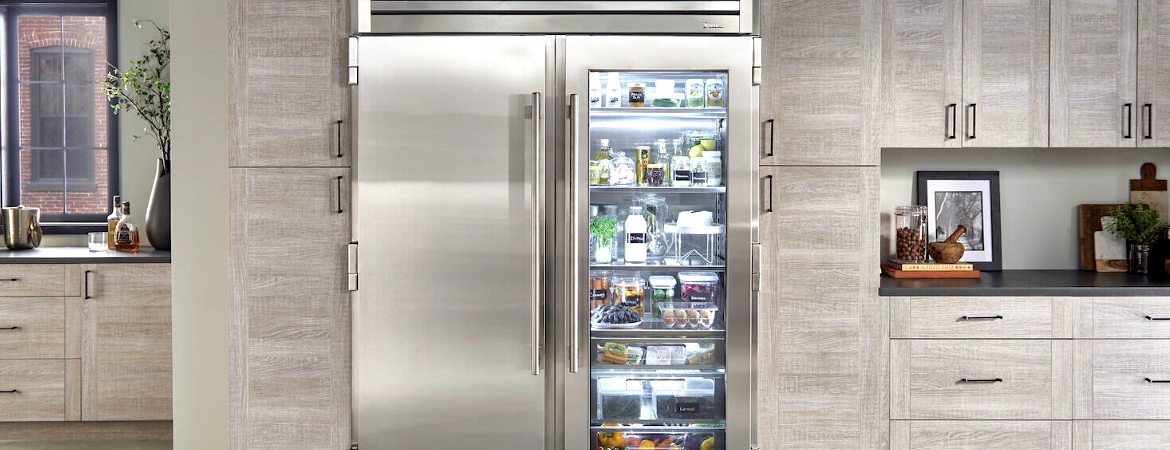Commercial True Refrigerator Compressor malfunction

The compressor is the heart of your Commercial True refrigerator, responsible for circulating refrigerant and maintaining the desired temperature. When the compressor malfunctions, it can lead to a range of issues, including inadequate cooling, increased energy consumption, and even food spoilage.
- Refrigerator not cooling: The most obvious sign of a compressor issue is when the refrigerator fails to cool adequately or maintain the set temperature.
- Unusual noises: Listen for any loud, unusual noises coming from the compressor, such as humming, buzzing, or clicking sounds.
- Increased energy consumption: A faulty compressor may work harder than usual, leading to a spike in your energy bills.
- Frost buildup: Excessive frost accumulation in the freezer compartment can be a sign of a failing compressor.
Causes of Compressor Malfunction:
- Dirt and debris: Over time, dust and debris can accumulate on the condenser coils, obstructing airflow and hindering the compressor’s ability to dissipate heat effectively.
- Refrigerant leak: A leak in the refrigerant line can lead to a loss of pressure, causing the compressor to overwork and eventually fail.
- Overheating: Compressor overheating can occur due to various factors, such as a faulty fan motor, dirty condenser coils, or a malfunctioning thermostat.
- Wear and tear: Like any mechanical component, the compressor can wear out over time, especially with constant use.
DIY Solutions for Compressor Malfunction:
- Clean the condenser coils: Regularly cleaning the condenser coils with a brush or vacuum cleaner can help ensure optimal airflow and prevent overheating.
- Check for refrigerant leaks: If you suspect a leak, contact a qualified technician for diagnosis and repair.
- Inspect the fan motor: Ensure the fan motor is working properly and providing adequate airflow to the condenser coils.
- Replace the thermostat: If the thermostat is faulty, it may not accurately regulate the temperature, leading to compressor malfunction.
Prevention of Compressor Malfunction:
- Regular maintenance: Regular cleaning and inspection of the refrigerator, including the condenser coils, fan motor, and thermostat, can help prevent compressor issues.
- Avoid overloading: Avoid overloading the refrigerator with excessive food items, as this can strain the compressor and lead to premature failure.
- Proper installation: Ensure the refrigerator is installed in a well-ventilated area with proper clearance for airflow around the condenser coils.
- Use a surge protector: Using a surge protector can safeguard the compressor against voltage spikes and power surges.
When to Call a Professional:
While some DIY solutions can be helpful, it’s crucial to seek professional assistance if you suspect a severe compressor issue. A qualified technician can diagnose the problem accurately and perform the necessary repairs or replacements.
Conclusion:
By understanding the symptoms, causes, and DIY solutions for compressor malfunction, you can effectively troubleshoot and maintain your Commercial True refrigerator. Remember, regular maintenance and preventive measures can significantly extend the lifespan of your compressor and ensure optimal cooling performance.